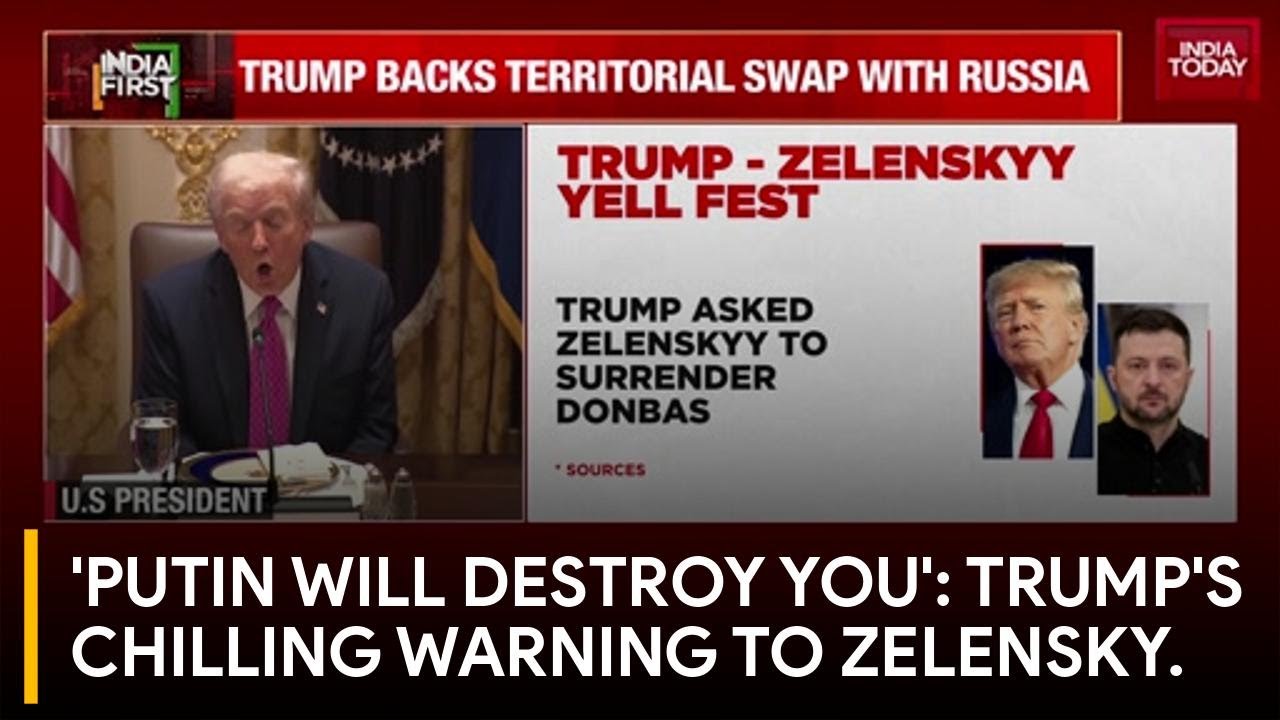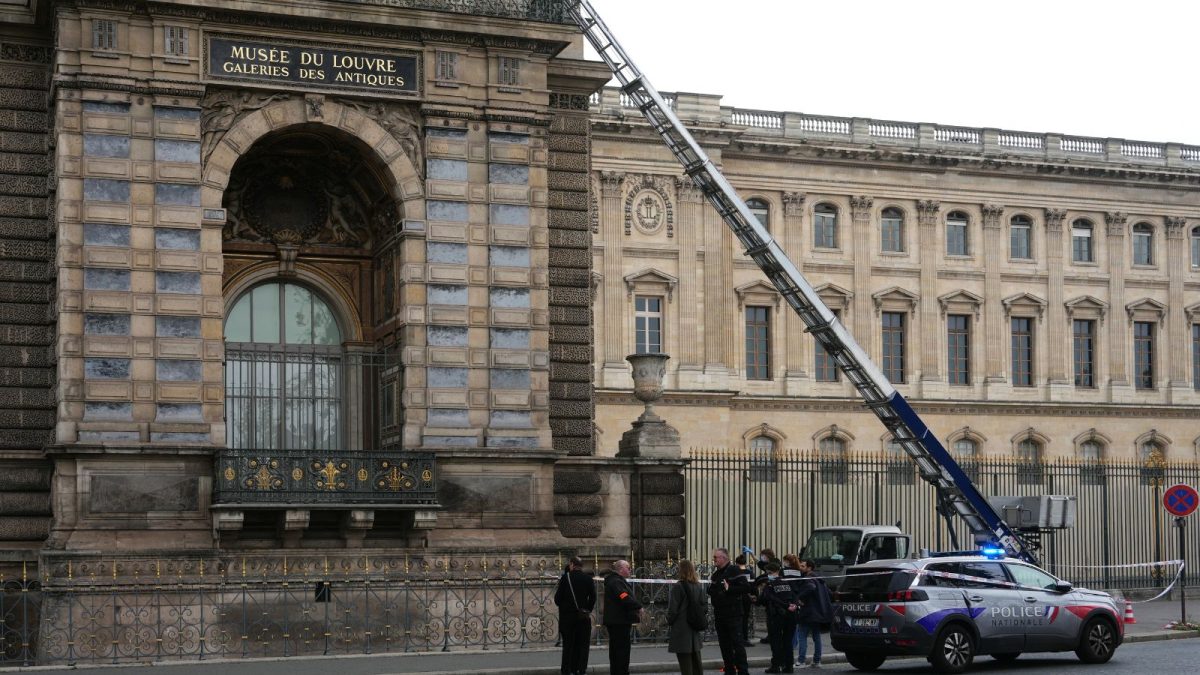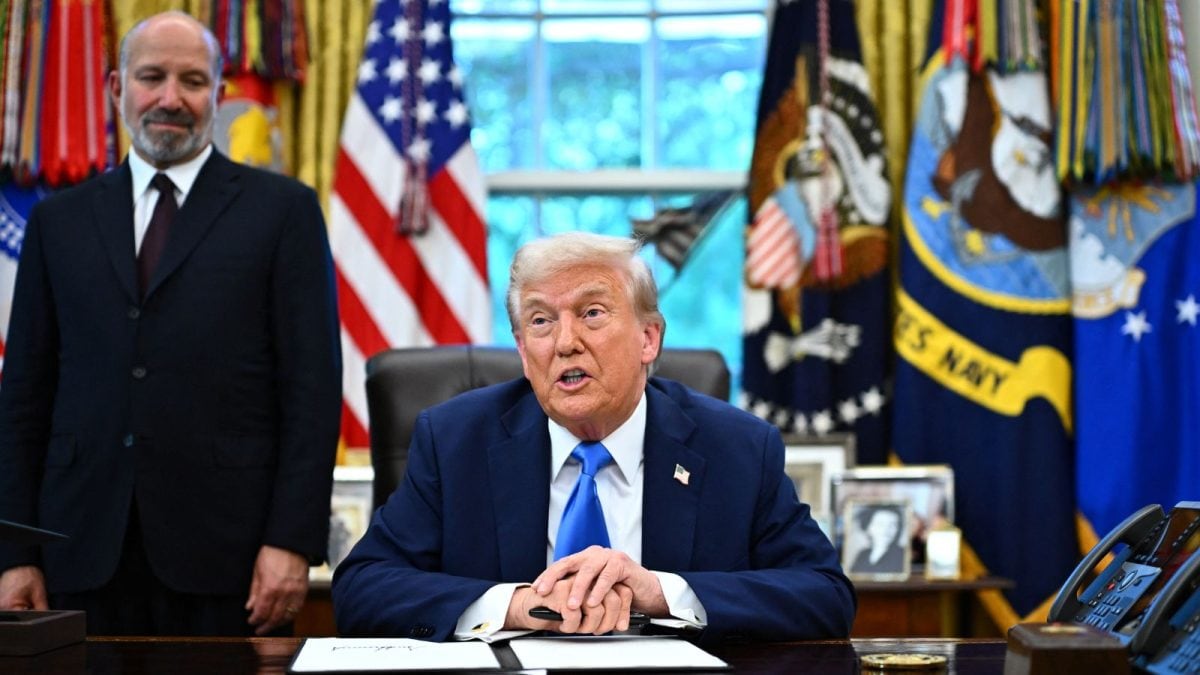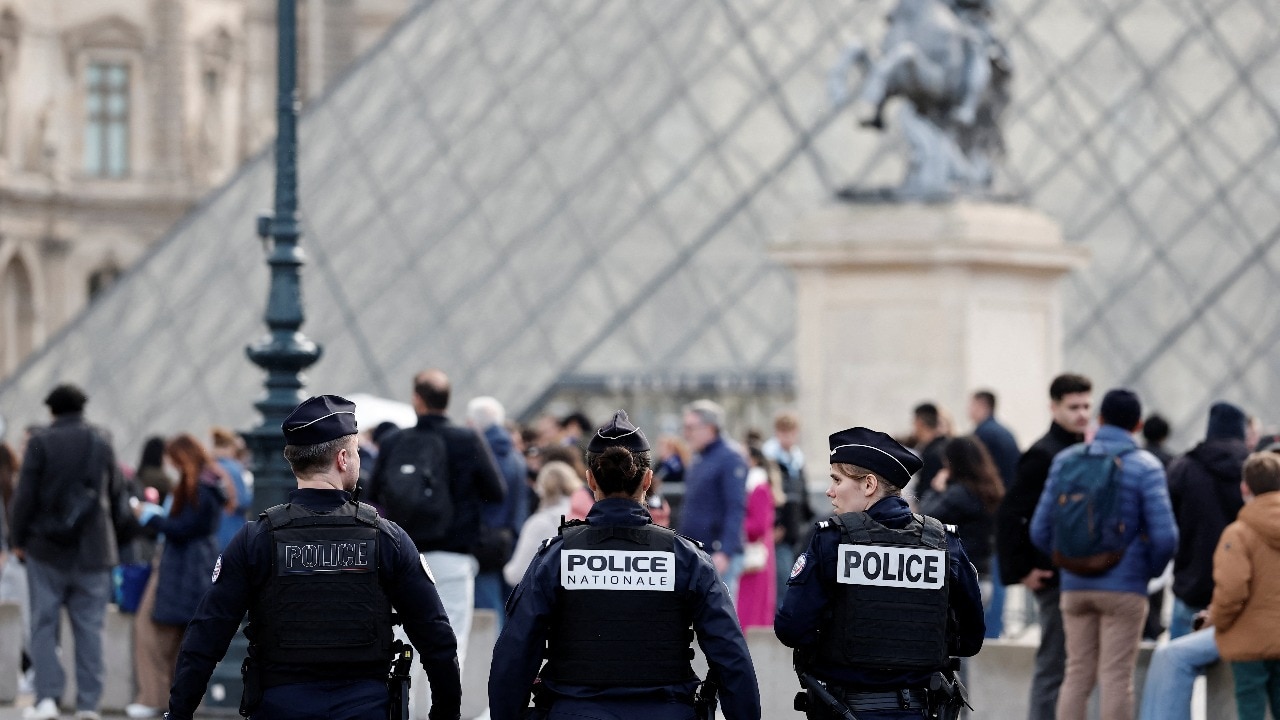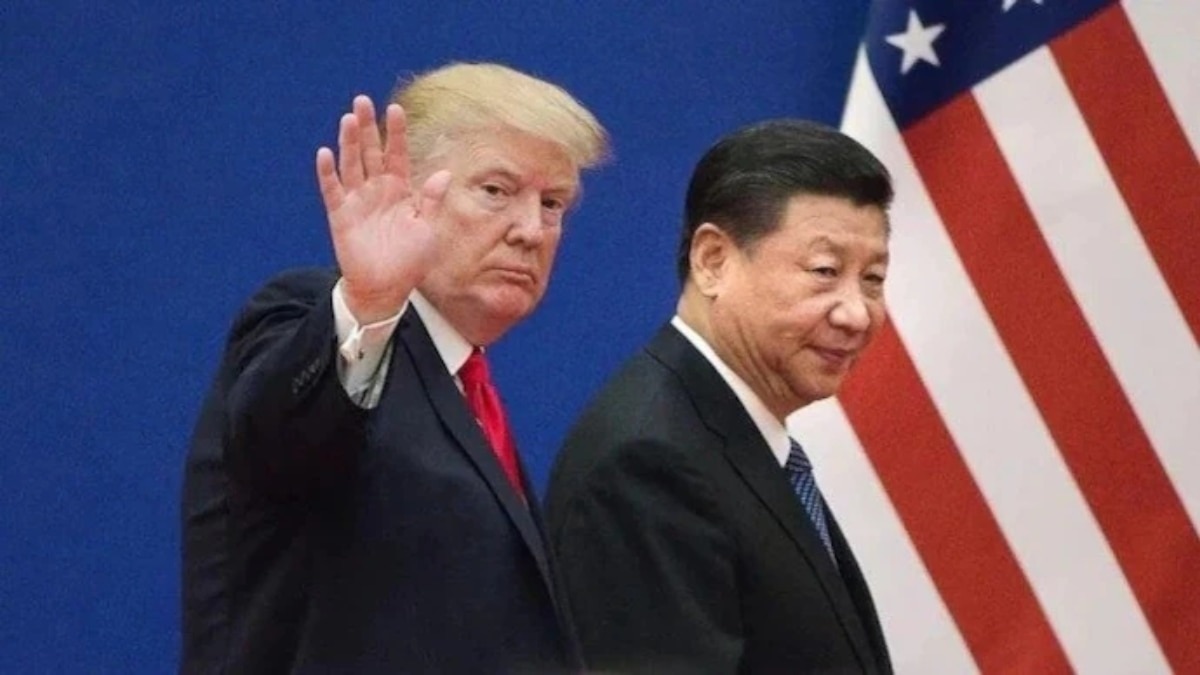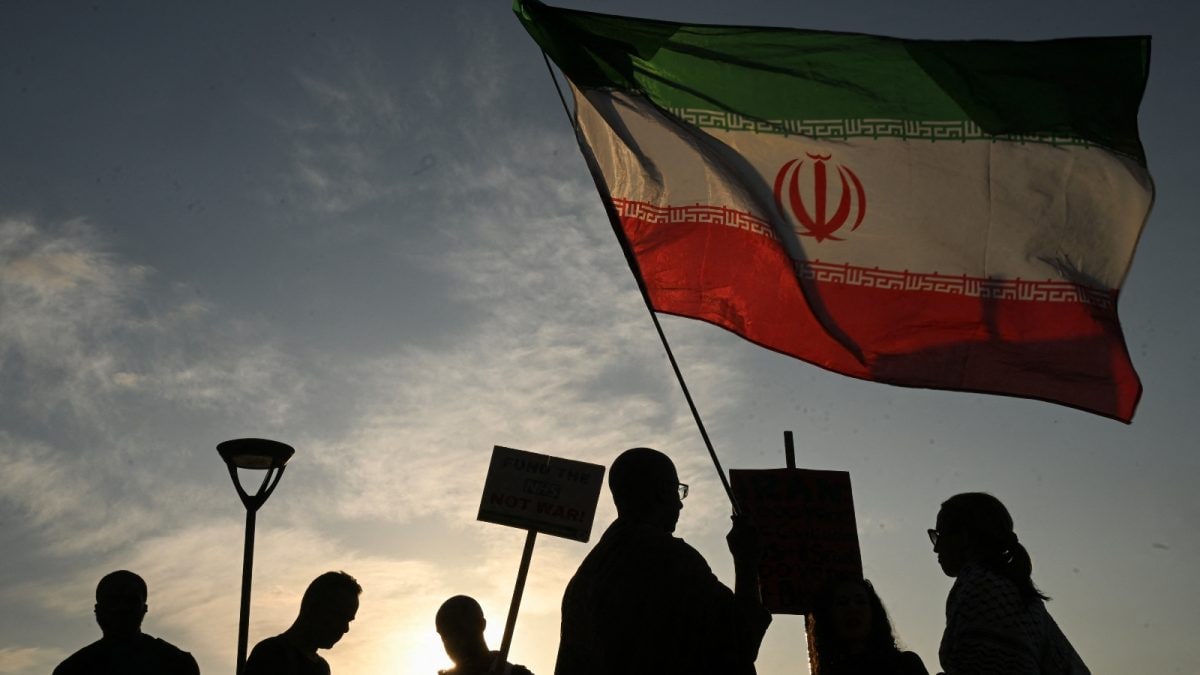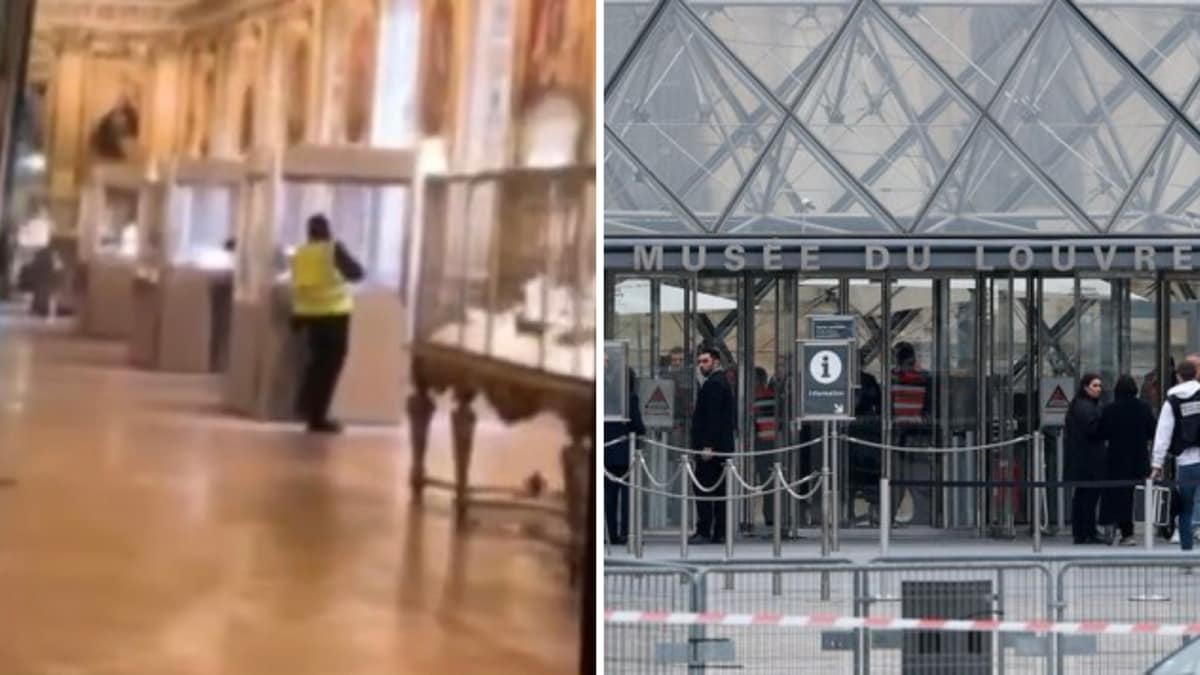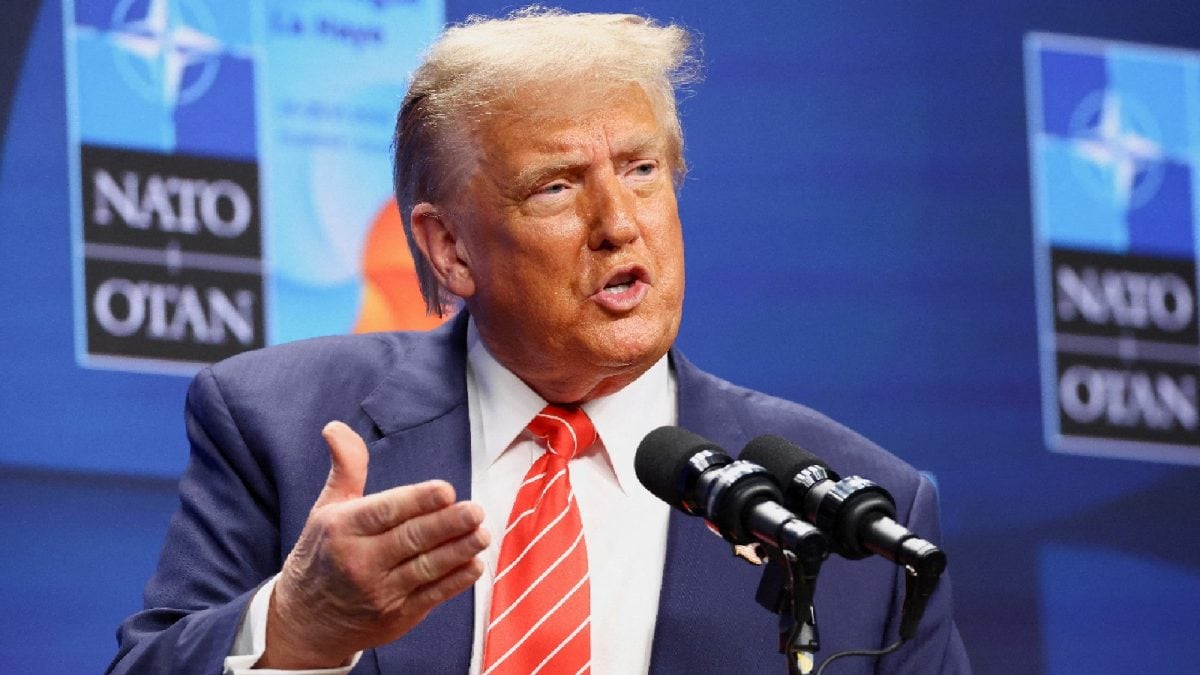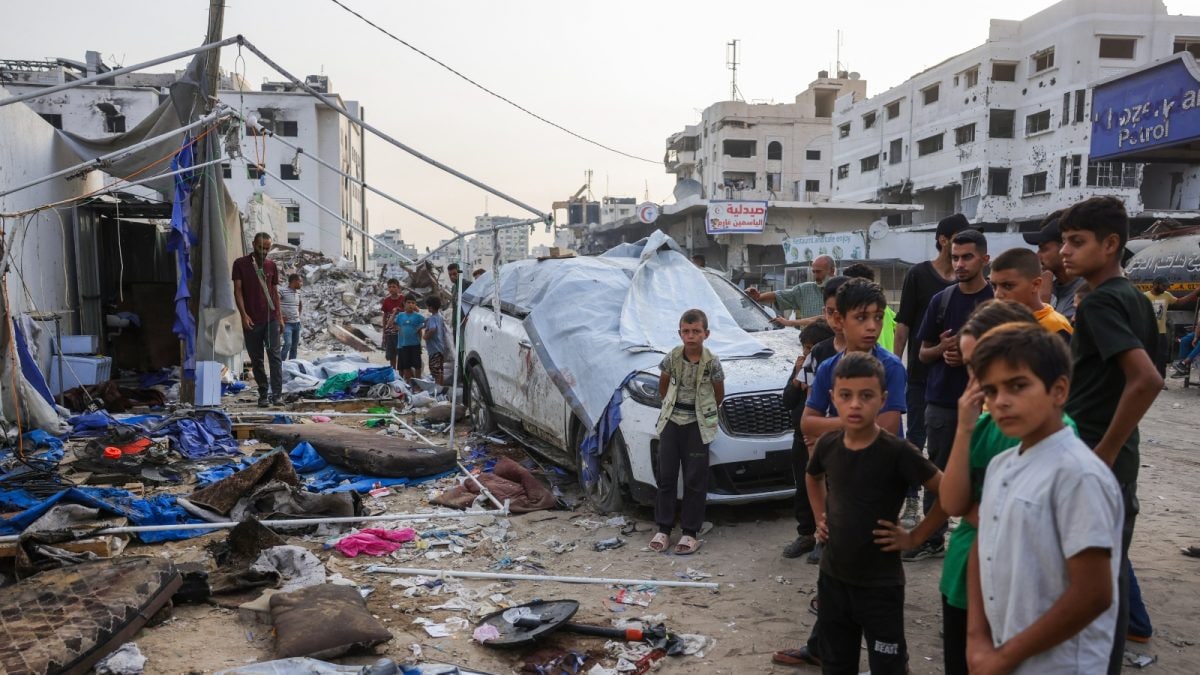Tariffs imposed by the Trump administration have hit Indian-American small businesses hard, especially in sectors like food, fashion, and retail. Across the US, especially in Little India, business owners report rising prices, falling demand, and fears of closure.

An Indian-American business owner stated that surviving the Covid-19 pandemic was easier than navigating the current economic pressures. (Image/storesgoods(dot)com)
At All India Cafe, a beloved Indian restaurant in Southern California, owner Pawandeep Kaur Khinda is facing an impossible choice: raise prices, cut staff, or close the doors on nearly three decades of family tradition. That's because the restaurant depends on authentic spices and ingredients, and the cost of importing them from India has doubled.
Khinda of Southern California isn't alone. Indian-American small businesses across the US are reeling from the impact of US tariffs on Indian imports, with many struggling to stay afloat. The 50% duties, which came into effect on August 27, have hit the food, fashion, and retail sectors particularly hard—industries that rely heavily on authentic, imported ingredients and materials.
For many entrepreneurs like Khinda, the soaring costs are threatening not just profits, but the cultural identity their businesses were built to preserve.
"The cost of importing our spices and liquor has nearly doubled," Khinda told NBC News. For Khinda, the All India Cafe isn't just a business, it's an emotion. Khinda's parents migrated from India to the US and opened the restaurant in 1996. "I don't want to shut down, but it's hard to keep going," said Khinda. She added that surviving the Covid-19 pandemic was easier than the Trump tariff repercussions.
According to NBC News, the price hikes are forcing small Indian-American businesses to either absorb the costs, raise prices, or abandon the very elements that make them culturally authentic. For Khinda, authenticity is everything. "Unlike big chains, we can't stockpile ingredients or shift our supply chains easily," she said. "This is my family's livelihood."
The mood is equally grim in New Jersey. On Oak Tree Road—known as "Little India"—more than 200 Indian-owned businesses are feeling the squeeze and wondering whether they will be able to survive.
Mahesh Shah of the local Indian Business Association told The Wall Street Journal that small shops in Edison and Woodbridge "may not survive".
"The economy here is plateauing or even going down," the New York-based newspaper quoted him as saying.
FASHION RETAILERS BUCKLE UNDER WEIGHT OF TARIFFS
Retailers like Sari Palace in Artesia, California, are already seeing the impact.
Boutique owner Heeral Mehta said she paid $62,000 (approximately Rs 51,46,000) in tariffs on a single shipment of bridal wear, NBC News reported.
According to the report, she was already bracing for the possibility of shutting down her store.
"I haven't paid myself all year. It's all gone toward tariffs," the broadcaster quoted her as saying. Mehta warned that customers may now bypass US retailers entirely and shop directly in India, undermining the US businesses the tariffs claim to protect.
The US is India's biggest export market, with Indian exports to the US reaching $87 billion in 2024, according to data from the Office of the US. Trade Representative. Notably, the newly imposed tariffs do not apply to two of India's largest export sectors — pharmaceuticals and electronics — which have been granted exemptions.
India's textile and garment sector — a cornerstone of its export economy — is the country’s third-largest employer, supporting the livelihoods of around 45 million people. Now, this vital industry is also feeling the heat as tariffs take their toll.
DEMAND PLUMMETING IN US, SAYS LASHKARAA'S SUMEER KAUR
In Texas, Sumeer Kaur, founder of the global fashion brand Lashkaraa, said her production team in India has slowed operations due to plummeting demand from US buyers.
"We're watching the next few months closely," she said. "If there's no resolution, we may have to add a tariff surcharge to every order."
In Gujarat's Surat, known as the "textile capital of India", Kaur says local mills are running at half capacity, despite it being the busiest season.
In New York, Devika Jadhav, founder of ethical fashion label Amaya World, was hit with an unexpected tariff hike this summer when a shipment of hand-embroidered jackets and dresses from India was reclassified at US customs, according to a report in a Germantown-based news portal, The American Bazaar, reported.
The sudden change pushed her goods into a higher tariff bracket, forcing her to pay extra duties on short notice.
"It severely impacted our margins," she was quoted as saying by the portal. She added that unpredictable tariffs make pricing and planning a constant challenge for small brands like hers that rely on Indian craftsmanship.
INDIAN FOOD IMPORTS TO US TAKE A HIT AFTER TRUMP TARIFFS
Food importers are suffering too. Satyajit Hange, co-founder of Two Brothers Organic Farms, an organic food venture catering to the Indian diaspora, says the new tariffs have sharply disrupted demand for their traditional products, including snacks, spices, and natural sweeteners, according to NBC news.
"Our customers are nostalgic for these flavors. Now they're dropping carts at checkout because of the extra costs," he said.
US consumers account for about 15% to 20% of Hange's revenue, but the tariffs have discouraged many from buying, according to the report.
Back at All India Cafe, Khinda continues to crunch the numbers. She's increased prices slightly but worries that more hikes will drive customers away. Still, the decision looms large.
"At the end of the day, I have bills to pay, staff to support, and a family to feed," she said. "If I'm not taking home any profit, how much longer can I keep doing this," she was quoted as saying by NBC.
Khinda noted that surviving the Covid-19 pandemic was easier than navigating the current economic pressure.
"At least during Covid, there were grants and community support. It feels like the government wants the bigger fish to stay and the smaller fish to go away."
India, which now faces the highest reciprocal tariffs along with Brazil at 50%.
Viral and Avani Modi Sarkar, co-founders of Modi Toys, a brand offering culturally rooted toys and books, are also feeling the strain.
With the holiday season approaching — their busiest time of year — the siblings are relying on existing inventory while navigating what they call "severe" impacts from the tariffs.
"The unpredictability of tariff rates makes planning nearly impossible," NBC quoted Viral Modi as saying.
Some business owners along Oak Tree Road, had backed Trump, believing his policies would boost the local economy. But the recent tariff hike has prompted second thoughts, according to a report in The Wall Street Journal.
"A lot of the diaspora may rethink their vote next time," said garment retailer Gupta, noting that even his father — a Trump supporter — is now feeling the pressure. "He's more stressed about it than I am," The Wall Street Journal quoted him as saying.
But the next vote is still a few years away, and Indian-American businesses are hit so hard due to the tariffs that many of them might not survive that long if there's no immediate help.
- Ends
Published By:
Gaurav Kumar
Published On:
Sep 18, 2025

 1 month ago
1 month ago
